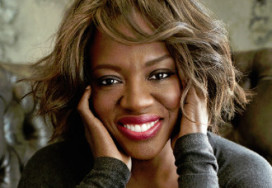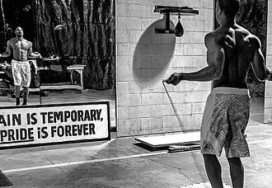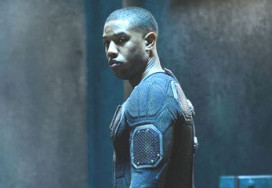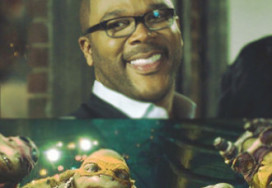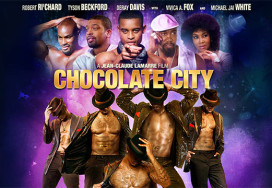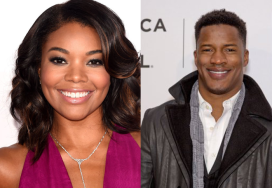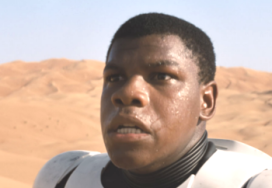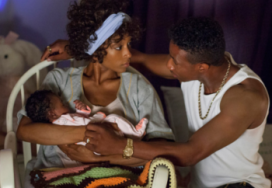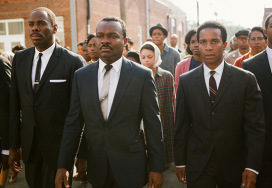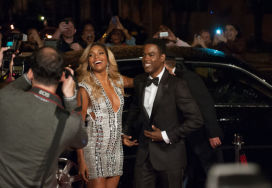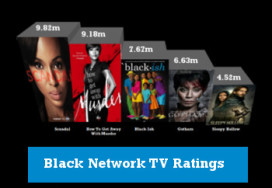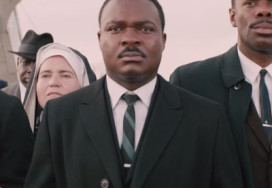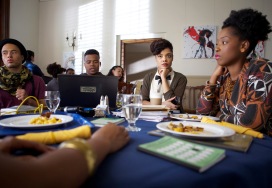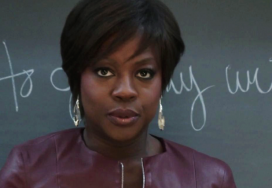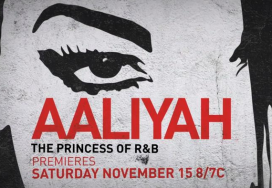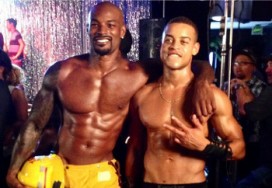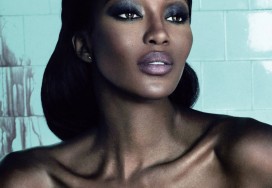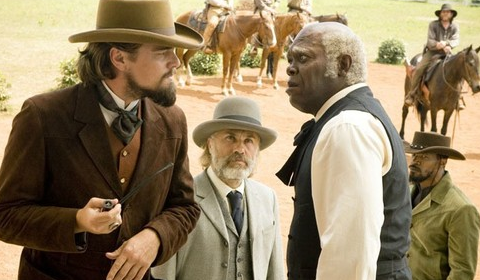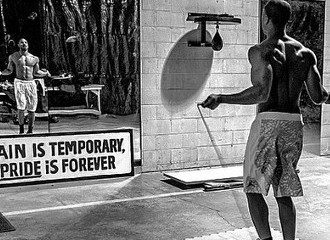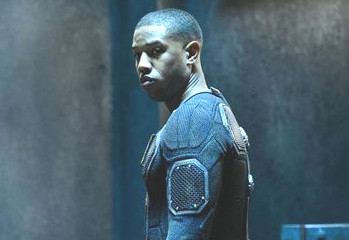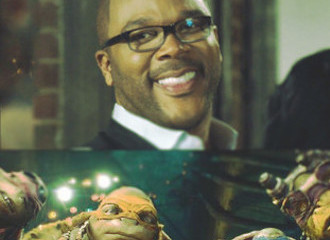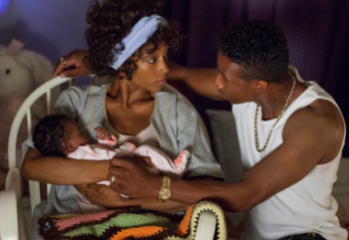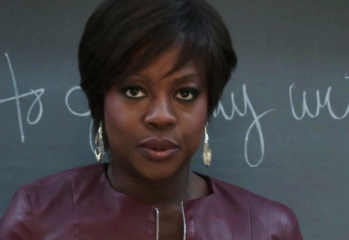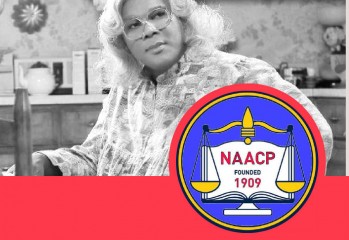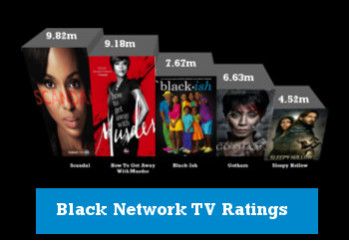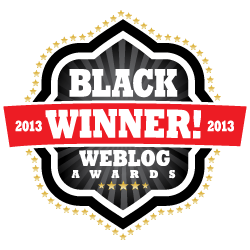Yet another commentary on Django Unchained
Django Unchained; the movie that has been praised as well as criticized (even by those who haven’t even bothered to watch it), will be remembered as one of the most revolutionary stories, told through American cinema. Sorry Victor Hugo, you are way too French and have been dead way too long to have the most revolutionary story told through cinema this century.
Django Unchained’s power and appeal can be sensed even before the opening credits. I have seen the movie twice, and both times, upon walking into the movie theatre I instantly noted the demographic make-up of the audience: approximately half White and approximately half Black. Which led me to start to realize just how impactful the film was already. By being a spaghetti western style, African-American slave revenge film, directed by one of Hollywood’s most individual and honest White directors, the film achieved being not just a film for Whites or for Blacks, but rather a film for Americans.
It is something truly special when whites can laugh along side blacks at Samuel Jackson’s despicably funny neo-Uncle Tom caricature, while also despising DiCaprio’s charmingly sinister character. Maybe even more revolutionary, was the fact that a white audience could watch and cheer for a black hero who mercilessly kills almost every white character, if not all, introduced in the second half of the film.
In a way, I see Django as a enjoyable release of pent up anger and frustration from both sides of the color spectrum, because reasonable, constructive dialogue concerning our countries dark past is notoriously hard to achieve. But, with Django Unchained, everything that cannot be said in political discourse; such as “Hey, if we could have we would have killed every last one of you motherfuckers.” or “Come one now, we were not all big wig plantation owners or sadistic overseers.” was able to be expressed visually and understood subconsciously.
May we take what Tarantino has given us, and build upon it.

